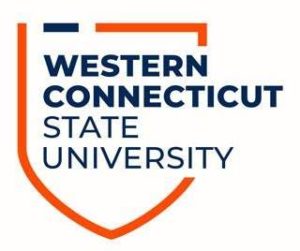Weingarten Rights
 WCSU SUOAF-AFSCME
WCSU SUOAF-AFSCME
Weingarten Rights
In 1975, the U.S. Supreme Court, when deciding the case NLRB v. Weingarten, ruled that an employee has a right to Union Representation during an investigatory interview. This right is known as “Weingarten.”
The employer is not obligated to inform the employee of his/her right to Union Representation. The employee is responsible for exercising his/her “Weingarten” rights when he/she believes that discipline or some adverse consequence may occur as a result of answering the questions of a supervisor or manager.
If you are being subjected to an investigatory interview, state the following to management:
“If this discussion could in any way lead to my being disciplined or terminated, or affect my personal working conditions, I respectfully request that my Union Representative, Union Officer, or Union Steward be present at this meeting. Without Union representation present, I choose not to participate in this discussion.”
An investigatory interview occurs when:
-
- Management questions an employee to obtain information, and
- The employee has a reasonable belief that discipline or other adverse consequence may result from what he/she says.
When an employee exercises his/her “Weingarten” rights prior to or during the investigatory interview, management has three options:
- Stop questioning until Union Representation arrives
- Call off the interview or,
- Tell the employee that the interview will be called off unless the employee voluntarily gives up his/her right to Union Representation (an option the employee is strongly encouraged to always refuse)
The Union Steward has the following “Weingarten” rights:
- The right to find out from management what the interview is about
- The right to meet privately with the employee prior to the interview
- The right to speak and ask questions of management during the interview
- The right to assist the union member in answering questions
- The right to object to abusive or harassing questions

